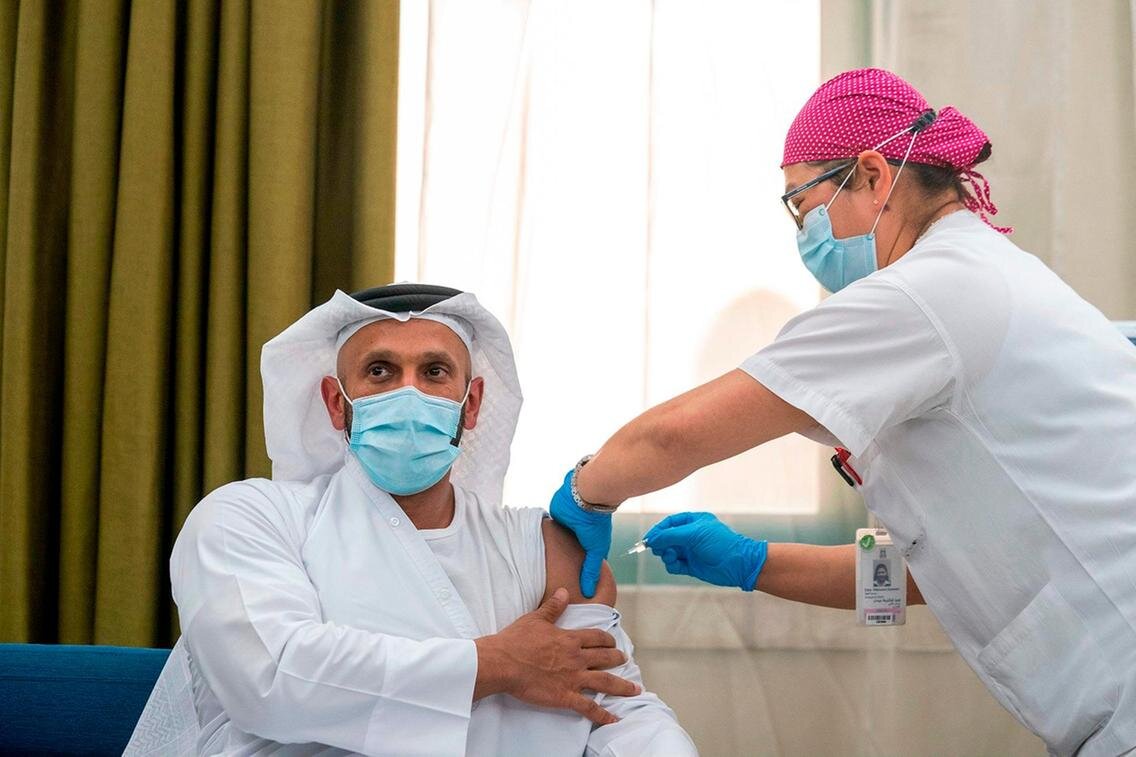Are Human Trials Used to Find a Vaccine Worth the Risk?
by Lizzie Baum
More than 170,000 doses of the COVID-19 vaccine are being administered in New York State, with many more doses on the way. Scientists are hopeful that this will be one of the first steps towards eradicating COVID-19, which, in turn, has the potential to save many lives and help the world return to a sense of normalcy. The COVID-19 vaccine sets the record for the quickest vaccine ever to be created. The fast-tracking of the approval process has also helped deliver the vaccine to people as quickly and safely as possible. One of the most essential parts of this process, however, has been the use of human trials.
“However, in the case of COVID-19, there is no known cure, and so paid volunteers are risking their lives for these vaccine companies.”
Human trials have people receive a vaccine or a placebo (which is a fake) that scientists then track to see if the people in the study get sick. This type of trial carries its own risk as it is still very soon to know whether or not the vaccine itself is safe. Human challenge studies also study if a vaccine will be effective by vaccinating, intentionally exposing a healthy person to COVID-19, and observing if the person becomes ill. Human challenge studies provide much more information about how well a vaccine works and if it merely protects someone from getting sick or from actually getting infected. This information will help us to understand how well a vaccine can protect people and prevent the spread. Usually, human challenge studies are only done when there is an effective treatment for the virus or disease, so volunteers can be treated if the vaccine does not work. However, in the case of COVID-19, there is no known cure, and so paid volunteers are risking their lives for these vaccine companies.
While many vaccines are already being given to the public, human challenge studies, where the virus is deliberately infecting the patient, have not yet been done. In January, the first-ever trial of this kind will begin in the UK, with Open Orphan, a British company that was given $44 Million for their research. The test subjects will be between the ages of 18-30 to ensure that they are not high risk. Roughly 40-50 people will be chosen for the trial and then injected with possible vaccines as well as a small amount of COVID-19.
“This is an ethical debate that has everyone asking questions. Is all of this worth it? ”
So, everyone wants a good vaccine for COVID-19, but is infecting people worth the risk? On the one hand, it could give us a great deal of information regarding the vaccine, but on the other hand, it is dangerous to infect people to find this solution. Peter Openshaw, an immunologist at Imperial College London and investigator on the study, says that these “studies are enormously informative about a disease.” This is an ethical debate that has everyone asking questions. Is all of this worth it? Will people overlook the risks for monetary reasons? Is it necessary to put people at risk? However, only time will tell if it would have been safer to do more of these types of high-risk challenge trials.
Works Cited:
Callaway, Ewen. “Dozens to Be Deliberately Infected with Coronavirus in UK 'Human Challenge' Trials.” Nature News, Nature Publishing Group, 20 Oct. 2020.
Kahn, Jeremy. “The U.K. Plans to Pay People $5000 to Be Deliberately Infected with Coronavirus.” Fortune, Fortune, 21 Oct. 2020.
Kormann, Carolyn, et al. “The Coronavirus Vaccine Is on Track to Be the Fastest Ever Developed.” The New Yorker.
Page, Michael Le. “UK Trial Plans to Infect Volunteers with the Coronavirus in January.” New Scientist, 20 Oct. 2020.
Smith, Alexander. “Covid 'Challenge Trial' Launched in U.K. Could See Healthy Volunteers Infected with Virus.” NBCNews.com, NBCUniversal News Group, 21 Oct. 2020.
William Booth, Carolyn Y. Johnson. “Britain to Infect Healthy Volunteers with Coronavirus in Vaccine Challenge Trials.” The Washington Post, WP Company, 20 Oct. 2020.


